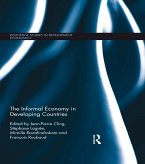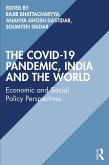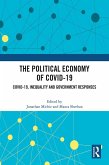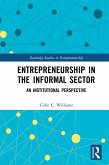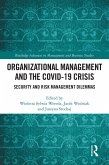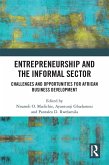This is an open access title available under the terms of a CC BY-NC-SA 3.0 IGO licence. It is free to read at Oxford Scholarship Online and offered as a free PDF download from OUP and selected open access locations. A key challenge for the post-COVID global economy is whether the disproportionate impact of the crisis on informal workers, who form the majority of the world's workforce, will be acknowledged. Or whether harmful and negative stereotypes will persist. Today, despite the role of these essential frontline workers - producing, processing, selling, cooking and delivering food, providing cleaning, childcare, eldercare, healthcare, transport, waste removal, and other essential services - many observers consider the informal economy to be non-compliant (resisting registration and taxation) and associate it with low productivity (a drag on the economy) or with crime (illegal activities) and grime (blight on modern cities). Yet, most informal workers are working poor trying to earn an honest living in often hostile environments. Most suffered severe declines in work and earnings during successive waves of the COVID pandemic, and related restrictions and recessions, and have gone deeper into debt and depleted their savings and assets in order to survive. This book explores and informs answers to that key challenge. It presents findings on the impact of the COVID crisis on informal workers in Asia, Africa, and North and Latin America. The chapters of the volume analyse the impact of the COVID crisis on informal workers, interrogate whether and which economic recovery plans and schemes include informal workers, and explore what a more inclusive economic recovery and reforms might look like.
Dieser Download kann aus rechtlichen Gründen nur mit Rechnungsadresse in A, B, BG, CY, CZ, D, DK, EW, E, FIN, F, GR, HR, H, IRL, I, LT, L, LR, M, NL, PL, P, R, S, SLO, SK ausgeliefert werden.




